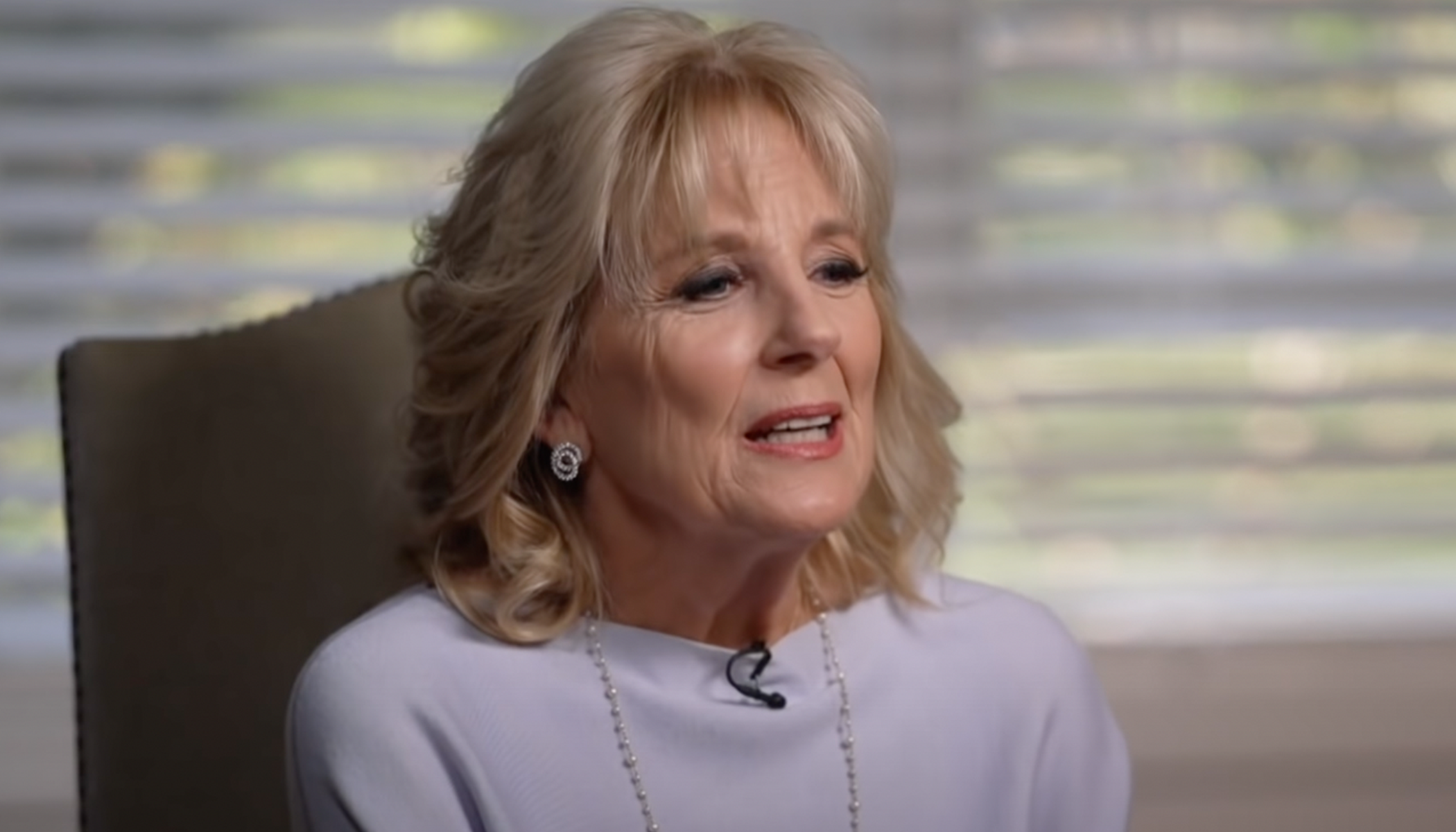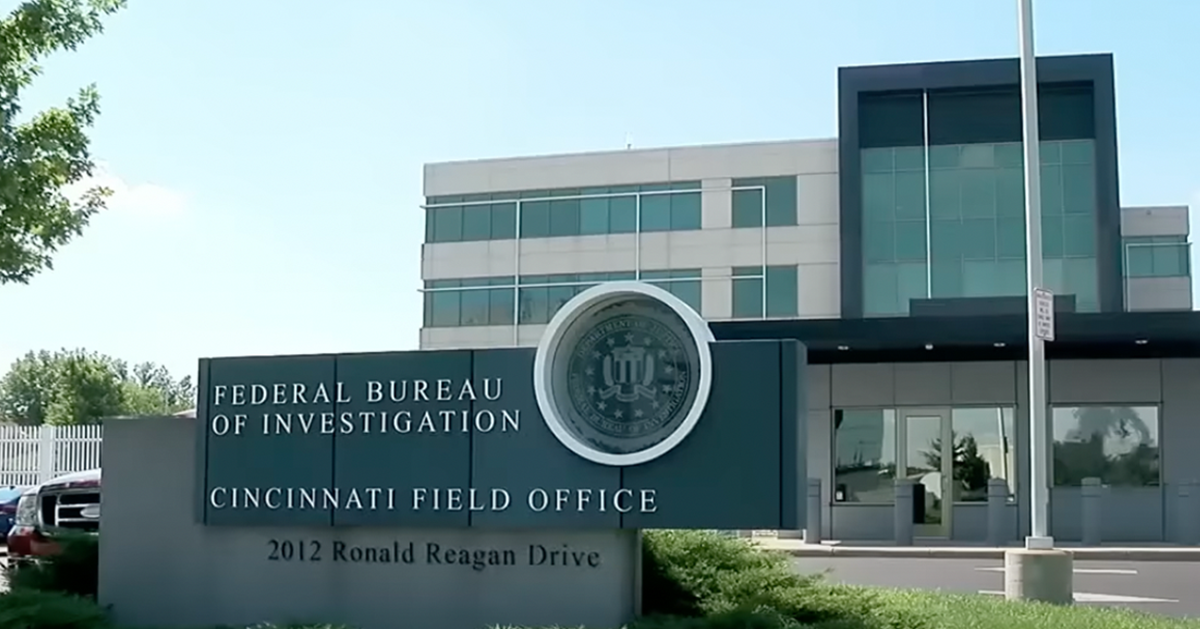Trump Gains Ground in South Texas Counties Long Held by Democrats
In an unexpected political turnaround, Donald Trump has won several counties in South Texas that have historically voted Democratic.
During the recent elections, traditionally Democratic strongholds along the U.S.-Mexico border swung toward the Republican Party, AP News reported.
Jorge Bazán from Rio Grande City is one of many who shifted his vote from Democrat to Republican. He expressed his dissatisfaction with how the Democratic Party has been handling economic issues, believing they have neglected the middle class during periods of rising living costs.
"I think they forgot about the middle class," Bazán stated, reflecting a widespread concern that influenced the voting patterns in his community. "People are suffering right now. Everything's very expensive," he added, highlighting the economic pressures that prompted his switch.
Rio Grande Valley Sees Significant Political Shift
This sentiment was echoed across the region, which includes areas from San Antonio down to the Rio Grande Valley. Starr County, a key area in this shift, saw a Republican presidential candidate win for the first time in a century. Donald Trump secured the county with a notable 16 percentage-point lead over Vice President Kamala Harris.
Starr County's demographic is primarily Hispanic and working-class, with a median household income of only $36,000—one of the lowest in the nation. Luis Meza, another local voter, shared his reasons for changing his allegiance to the Republican Party, citing the current political landscape and immigration issues as his main concerns.
"I was always a lifelong Democrat, but I decided to change to Republican with the political landscape that it is now," Meza remarked. "I felt that going Republican was the better choice, especially with the issues of immigration and everything like that that’s going on," he continued.
Republican Strategies and Democratic Challenges
The broader shift was also visible in nearby Hidalgo and Cameron counties, which also flipped in favor of Trump. This change in voter sentiment is attributed partly to the weaker performance of Joe Biden in Hidalgo County compared to Hillary Clinton's in 2016. The Republican Party capitalized on this by investing in campaigns aimed at winning over Hispanic and working-class voters.
Further evidence of Republican gains was seen in the 15th Congressional District, where Republican Monica De La Cruz achieved a decisive win. In contrast, Democratic Representatives Henry Cuellar and Vicente Gonzalez faced narrow victories. Cuellar, despite being indicted on charges including bribery and known for his conservative stance on issues like abortion, managed to hold onto his seat.
AP VoteCast data showed a slight decline in Black and Latino support for Kamala Harris compared to Joe Biden in 2020, with an increase in support for Trump among these groups. This data points to a broader national trend affecting local outcomes.
Economic Concerns and Border Policy Influence Votes
Jose Luis Borrego from McAllen cast his vote for a Republican for the first time, driven by concerns over inflation and a desire for tougher border policies. "I wanted to see change and that’s why I did vote for Trump. I did vote red. I would not call myself a Republican," Borrego explained. "We just made this choice, because we didn’t have another choice that we felt comfortable with," he added, expressing his conflicted feelings about the switch.
Senator Ted Cruz commented on the Hispanic shift away from the Democratic Party, attributing it to a return to conservative values. "They are coming home to conservative values they never left. They understand something the liberal elites never will: There’s nothing progressive about open borders. There is nothing Latino about letting criminals roam free," Cruz declared.
Meanwhile, Michael Mireles from LUPE Votes criticized the Democrats for not engaging sufficiently with Hispanic voters. "I think that folks on the Democratic side have been really slow to have those conversations with Latino households and families," Mireles observed. "We can’t wait for a big election to have those conversations. By that point, it’s too late," he added, pointing out the need for more proactive engagement.





